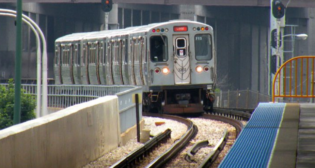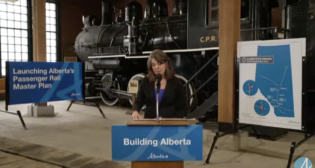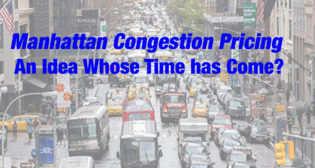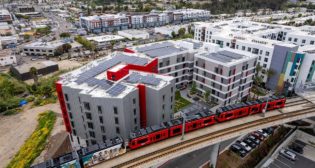
Subcommittee Digs Into Commuter Rail Industry
Written by Carolina Worrell, Senior Editor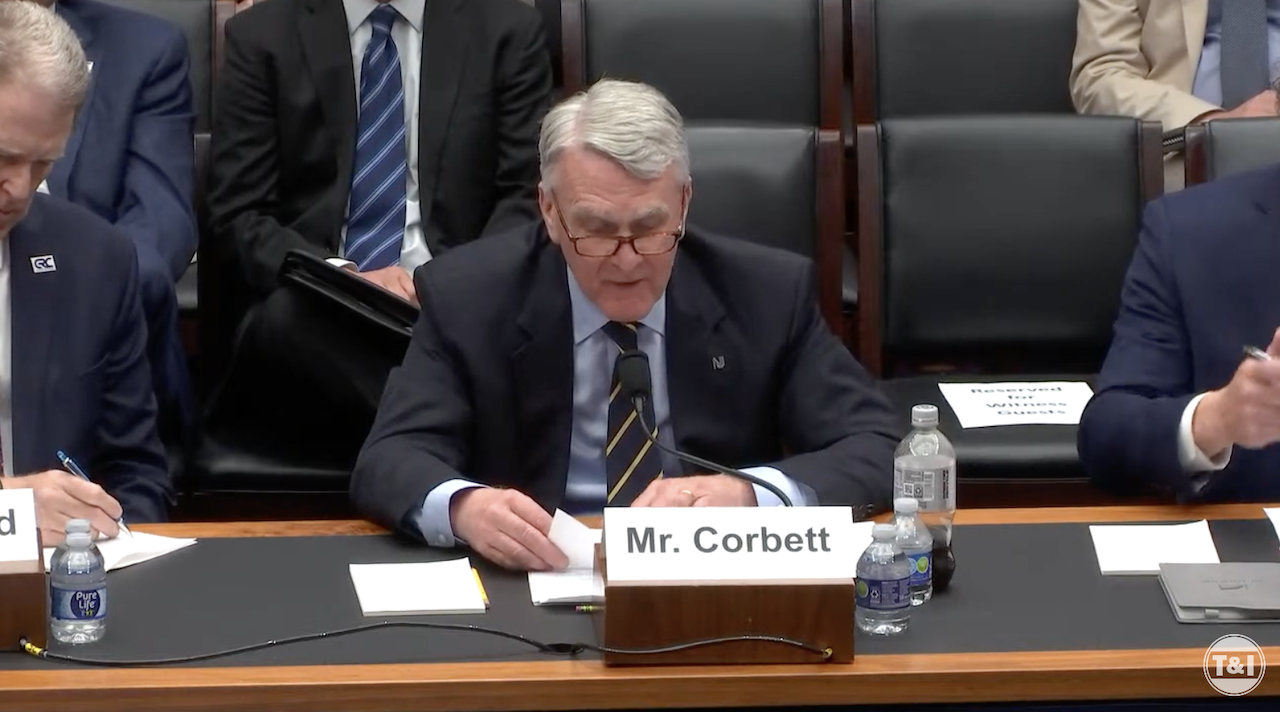
NJ Transit President and CEO Kevin Corbett (on behalf of the Northeast Corridor Commission) testifies before the Subcommittee on Railroads, Pipelines, and Hazardous Materials on April 17. (Screenshot courtesy of the T&I Rail Subcommittee)
The House Transportation & Infrastructure (T&I) Committee, Rail Subcommittee held a hearing on April 17, “Getting to Work: Examining Challenges and Solutions in the Commuter Rail Industry,” hearing testimony from Northern Indiana Commuter Transportation District President Mike Noland, RTD Denver General Manager and CEO Debra Johnson, Tri-Rail/South Florida Regional Transportation Authority (SFRTA) Executive Director David W. Dech, NJ Transit President and CEO Kevin Corbett (on behalf of the Northeast Corridor Commission), and Metrolink CEO Darren Kettle. All who testified are members of the Commuter Rail Coalition and spoke on behalf of the organization.

Railroads, Pipelines, and Hazardous Materials Subcommittee Chairman Troy Nehls (R-Tex.) opened the hearing by stating that “investments and innovation in our rail infrastructure are essential to building a robust and competitive American transportation system. We must ensure that Federal policies and spending are balanced with a realistic analysis of consumer demand for commuter rail and the best use of taxpayer dollars. Technology has now made it possible to work remotely. Many workers have responded by purchasing homes farther from cities and foregoing their daily work commute. This naturally effects commuter rail ridership and demand.”
“Commuter rail service is primarily designed to address a high volume of passengers traveling to and from cities, operating in metropolitan, suburban, and exurban areas. These systems can be a cost-effective transportation alternative for these longer commutes. Several local and regional agencies operate their own service, while others contract with Amtrak or private sector companies. These private sector providers help lower costs, improve services, and increase ridership,” Nehls concluded.

Noland focused on the safety and efficiency of commuter rail, including systems already in place such as Positive Train Control (PTC). He concluded his testimony by stating that “commuter railroads face a changing landscape as our customers modify their travel patterns, and we embrace those opportunities that allow for us to offer safe reliable and affordable service.”

Johnson discussed RTD’s rail operations and emphasized that the “face of commuter rail is evolving,” while focusing on commuter rail eligibility under the Consolidated Rail Infrastructure and Safety Improvements (CRISI) Program.
“The fact remains that commuter rail operators’ needs are great, and allowing them to go unaddressed, while at the same time funding in large amounts those of private entities, will mean that commuter rail assets will be allowed to degrade. Agencies and their customers seeking safe, efficient, reliable transportation solutions have been short-changed with respect to access to federal funding,” stated Johnson.

“Commuter railroads face a changing landscape as our customers modify their travel patterns,” stated Dech. “The commuter rail industry believes contracted services allow us to better respond to these changing dynamics while controlling costs. And Congress should emphasize the importance of allowing commuter rail agencies to use all forms of federal assistance for contracted services and leasing of rolling stock.”
“Multi-year, predictable funding beyond FY26 is essential to address not just the Northeast Corridor’s state-of-good repair and improvement needs, but the needs of commuter railroads across the nation—this includes significant investments in fleet vehicles as well as facilities and infrastructure,” stated Corbett.

“The future for our industry depends on an integrated transportation system that connects all modes with one another in a system that offers a seamless experience to passengers. In our region and across the country in metropolitan areas, this begins with commuter rail. We are modernizing our business practices and delivering services for future generations. To achieve these goals, we need robust federal support,” stated Kettle.
The full written testimonies of Noland, Johnson, Dech, Corbett and Kettle are available for download below.

